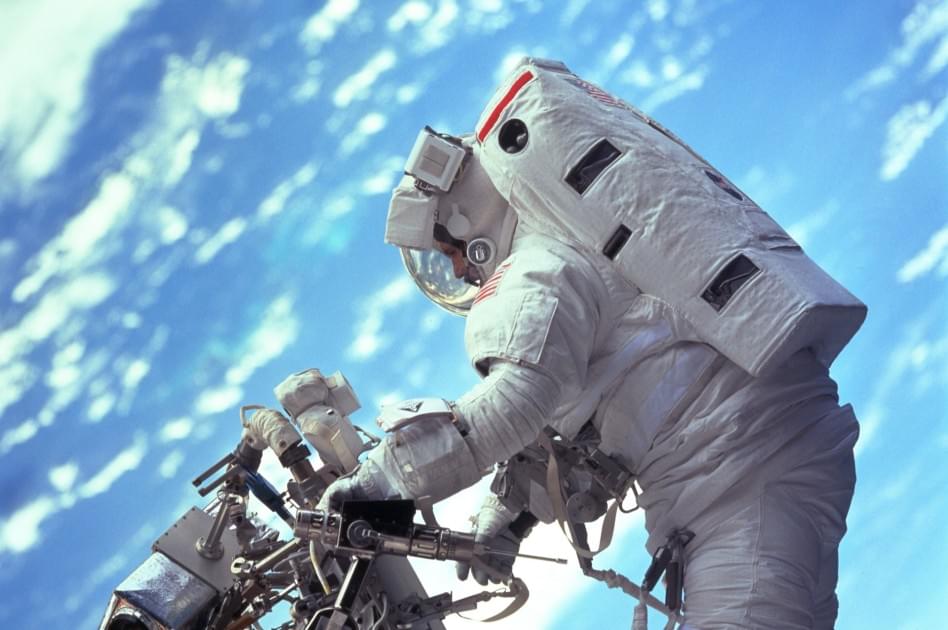In space, astronauts are exposed to extreme stressors our bodies don’t experience on Earth. Microgravity, higher radiation, and a high workload can impact cognitive performance. To find out which cognitive domains are affected by spaceflight, researchers analyzed data from 25 professional astronauts. They found that while on the ISS, astronauts took longer to perform tasks concerned with processing speed, working memory, and attention, but that a six-month stay in space did not result in lasting cognitive impairment once crews returned to Earth.
A stay in space exerts extreme pressures on the human body. Astronauts’ bodies and brains are impacted by radiation, altered gravity, challenging working conditions, and sleep loss – all of which could compromise cognitive functioning. At the same time, they are required to perform complex tasks, and minor mistakes can have devastating consequences.
Little is known, however, about whether astronauts’ cognitive performance changes while in space. Now, working with 25 astronauts who spent an average of six month on the International Space Station (ISS), researchers in the US have examined changes in a wide range of cognitive performance domains. This dataset makes up the largest sample of cognitive performance data from professional astronauts published to date.
